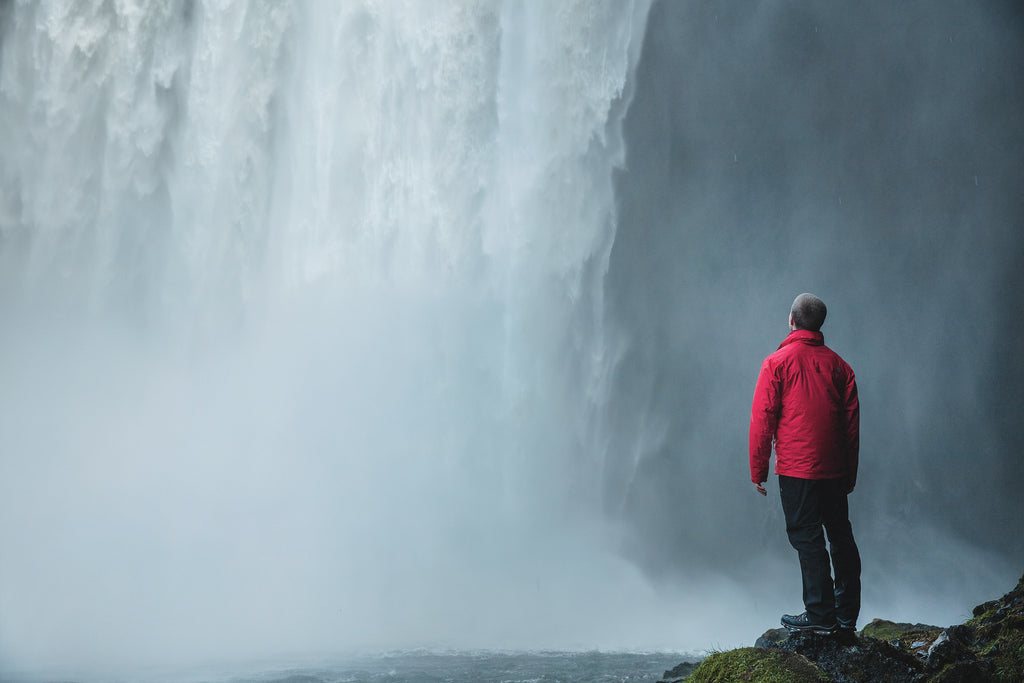The Pros and Cons of Waterproof and Hiking Boots

Pros and Cons of Waterproof shoes/Hiking Boots
What are waterproof shoes?
Waterproof shoes are shoes that do not absorb liquid regardless if it's water or not. These shoes are used most efficiently when you are in a wet environment, like swamps, fishing farms, ice plants, or in/near a body of water, like rivers, oceans, and lakes. Waterproof shoes protect your feet from getting wet. Usually, waterproof shoes are made from rubber, as the material is naturally waterproof, but there are numerous other materials they can be made from as well. Synthetic leather is recommendable for those who want the look of leather in their shoes. Gore-tex is an excellent material to choose from for waterproof shoes. It has a microporous structure that allows it to block water and break wind while allowing air circulation and retaining its heat.
Pros and Cons:
Pros:
Since waterproof shoes always protect themselves against water, then expect that the shoes will always be warm and dry, helping you through those watery adventures.
Since the materials used in waterproof shoes block water, your chances of slipping due to a wet surface are reduced.
Want to go outside and buy some groceries, but you do not want to get your feet wet? Try using waterproof shoes in the rainy season, and it will help you a lot.
Most fungus and bacteria grow in humid conditions. If your feet are always dry, then you'll be safe from having any foot diseases. Wearing waterproof shoes can help prevent getting foot diseases.
Cons:
You can expect the shoe to get too hot when using it on a hot summer day, so it is not advisable to use this on a hot day because you might get uncomfortable due to the heat it keeps inside the shoe.
Waterproof shoes are not as flexible as you think due to the materials used to create them. So, it is not good to use for running for a long time.
Waterproof shoes can be heavier than your typical type of shoe.
What are hiking boots?
There are two different kinds of hiking boots. There are hiking boots and backpacking boots. Day hiking boots are known to help you support you through long hiking trails and provide you ankle support throughout the way, meaning secured stability! While backpacking boots are known to help, you support your ankle when carrying a lot of weight. They are stiffer in structure and material than day hiking boots and more durable than hiking boots. Most hiking boots are made out of leather. Besides leather, hiking boots can be made from various materials like cotton, linen, and artificial synthetic fibers.
Pros:
Hiking boots provide you with more ankle support than waterproof shoes. Hiking boots can range from low-cut to high-cut ones, giving you options you may prefer using.
Since hiking boots are intended for hiking, expect their soles and uppers to be stable.
Cons:
With its material being leather most of the time and having solid soles and uppers, the boots will be heavier than waterproof shoes, especially high-cut boots.
The breathability of the shoes is not that good, and when you talk about the breathability of a shoe, this is the product's ability to let air circulate in the boots.
- Tags: guide
- GrivetOutdoors.com _
Comments 0